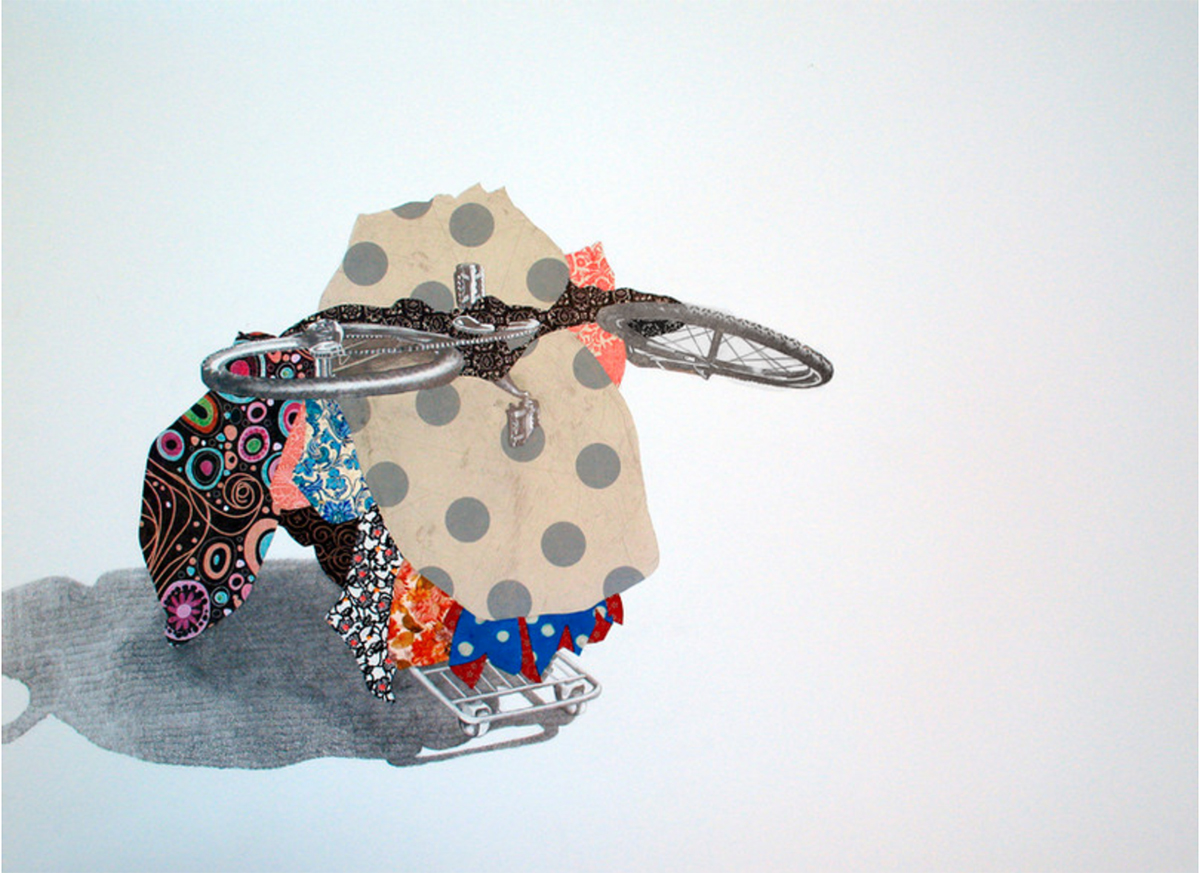Search
Close

Precarity is a State of Acknowledgment of Our Vulnerability to Others
“The problem of precarious survival helps us see what is wrong. Precarity is a state of acknowledgment of our vulnerability to others. In order to survive, we need help, and help is always the service of another, with or without intent. When I sprain my ankle, a stout stick may help me walk, and I enlist its assistance. I am now an encounter in motion, a woman-and-stick. It is hard for me to think of any challenge I might face without soliciting the assistance of others, human and not human. It is unselfconscious privilege that allows us to fantasize—counter-factually—that we each survive alone.
If survival always involves others, it is also necessarily subject to the indeterminacy of self-and-other transformations. We change through our collaborations both within and across species. The important stuff for life on earth happens in those transformations, not in the decision trees of self-contained individuals. Rather than seeing only the expansion-and-conquest strategies of relentless individuals, we must look for histories that develop through contamination.”
A wonderful expert above from Anna Lowenhaupt Tsing’s book, The Mushroom at the End of the World: On The Possibility of Life in Capitalist Ruins. I’m really loving the ANT framework she’s employing here, which is deeply harmonious with Whiteheadian process-relational cosmology. Also, reading this passage reminded me of a fantastic essay, by Matthew Sitman, about how how precarious our lives can be, and how much we need each other.
…
Collage above: Magic Carpet Ride by Amy Wilson Faville, from her mixed-media series based on actual shopping carts of the homeless in San Francisco’s Mission District.

[…] each other. It was when I was at my most vulnerable that I finally understood this. However, as Anna Lowenhaupt Tsing correctly observes, “It is unselfconscious privilege that allows us to fantasize—counter-factually—that we each […]